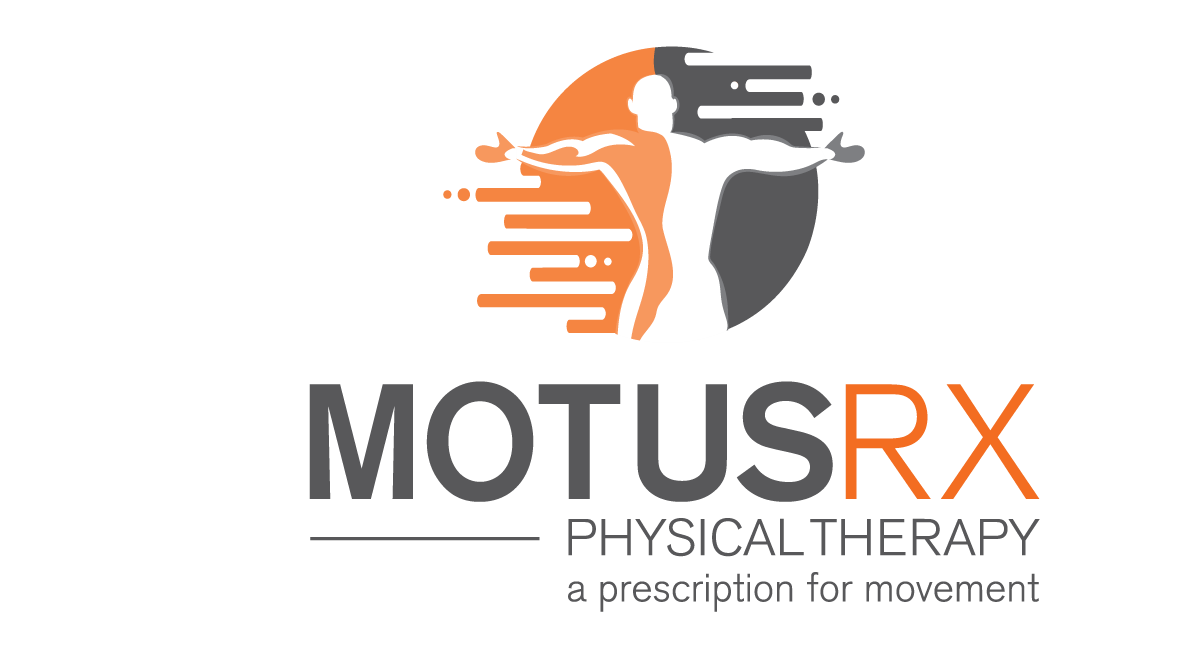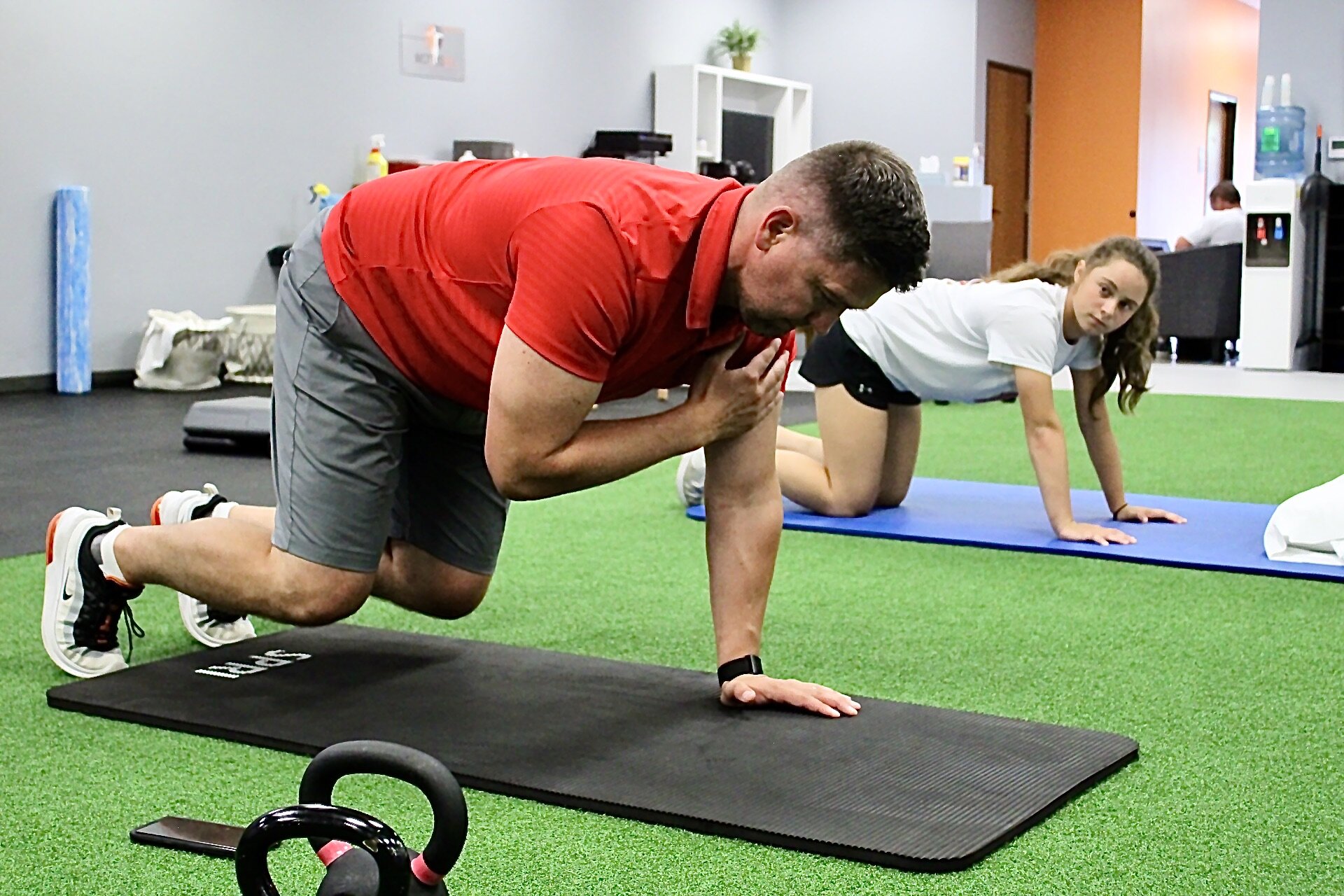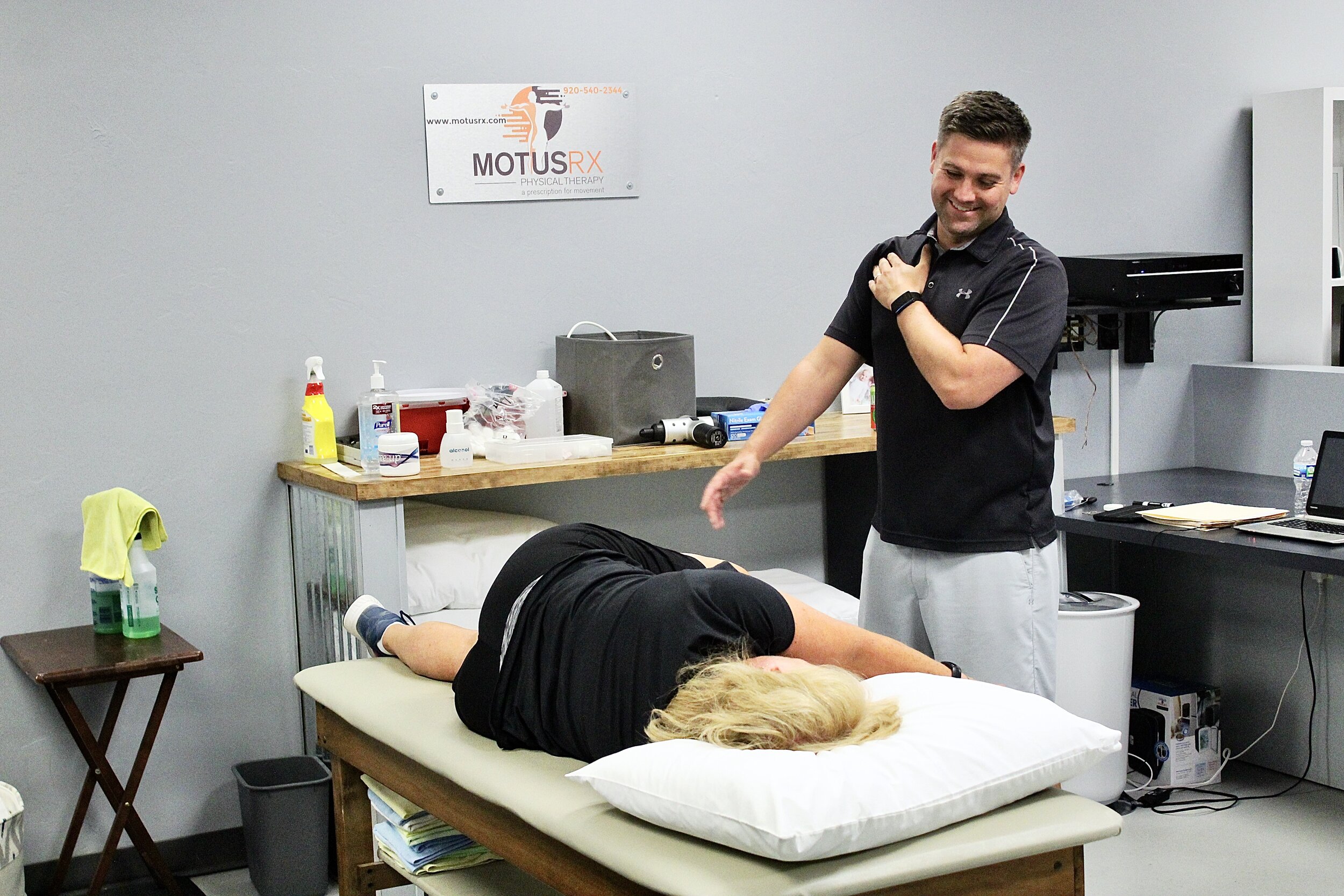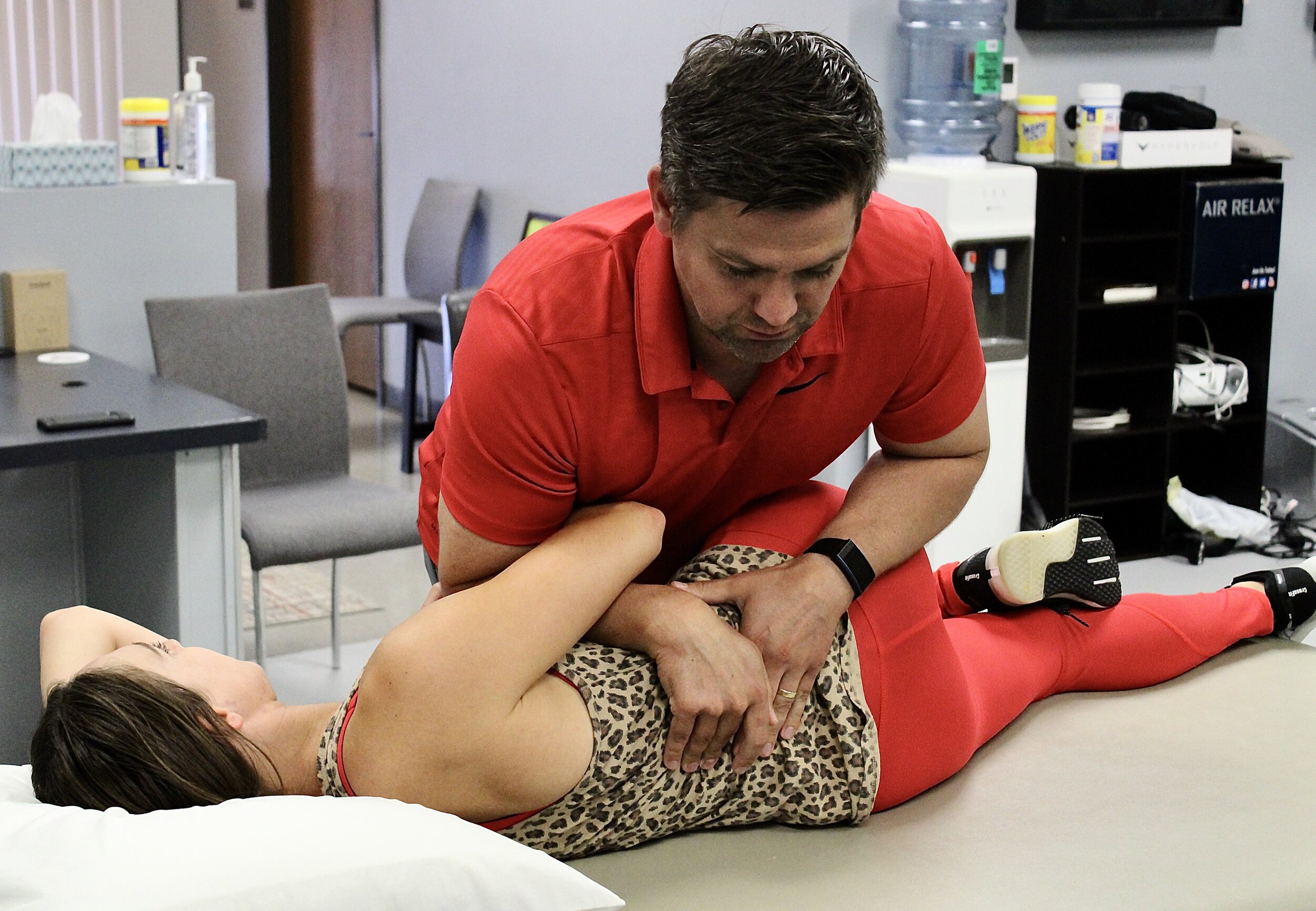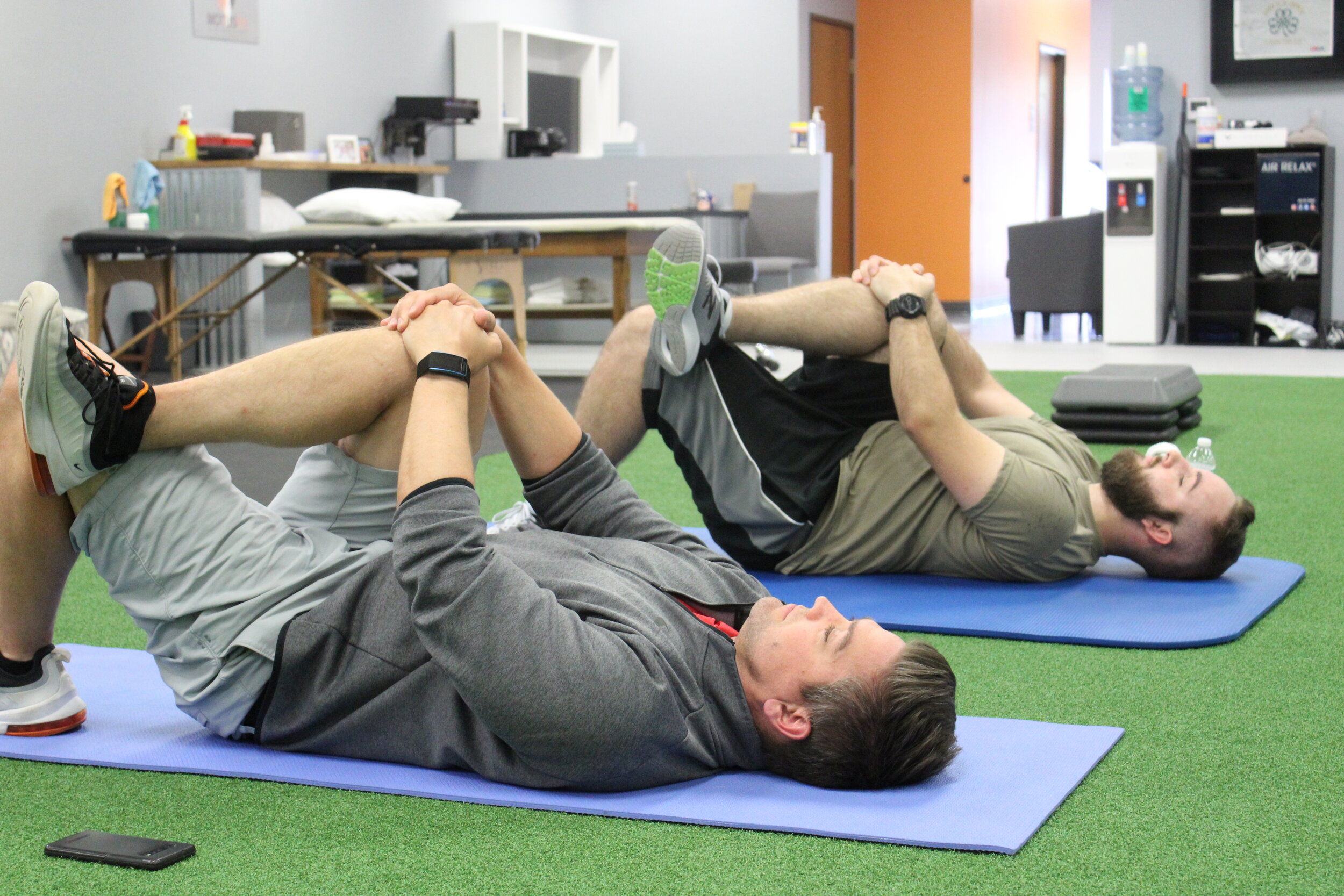MRI's (Maybe Really Inconsistent)
We are coming to you live in the home office, once again. This week we are talking all about MRI’s (magnetic resonance imaging). Raise your hand if you hear MRI and you think back pain pretty quickly after that?
A Lady Walks Into An MRI Machine
As we continue on our discussion about back pain, today we are going to talk about MRI’s and I am going to tell you a little bit of a story. Today’s story is called, “A Lady Walks Into An MRI Machine…actually 10 of them.” This is a story about a lady that for whatever the reason, decides to take the plunge and get 10 MRI’s at 10 different testing centers. I just want to talk a little bit about what this lady went through and what they found in terms of her findings upon exam.
So let’s set the story and set the tone. This lady is 63 years old and has lower back pain as well as radiculopathy at L5 S1. Those were the findings upon clinic evaluation, meaning she went somewhere without an image or MRI and the doctors thought this was her diagnosis. Basically what that means is she had back pain that was radiating down into her leg. That is where she is at and she says, “let’s go to 10 different MRI machines and see what happens.” So this lady, let’s call her Karen, goes to 10 different MRI machines, 10 different testing centers, and therefore has 10 different readings and reports from a radiologist.
Reliability of MRI’s
What I want to talk about now is the reliability of MRI’s. So Karen thought she had 1 problem...she had back pain that was radiating down into her leg BUT there were 49 distinct findings reported related to a distinct pathology. Meaning, according to the MRI, Karen had 49 different things going on. Additionally, there was only 1 finding consistently reported in 9 out of the 10 MRI’s she got. Out of 49 distinct findings, only one of those findings was consistently reported 9 out of 10 MRI’s. I don’t know what that percentage is, but 1 out of 49 different findings was on 9 out of 10 MRI’s. Now, 32.7% of interpretive findings only appeared once across all 10 MRI’s. Of the interpretive findings, meaning the things the radiologist interpreted were going on in the MRI, only 32.7% of those findings were found across all 10 MRI’s. Here’s the last statistic I really like and find interesting about how this could be. There were 2 exams that reported a disc herniation at all 5 lumbar segments and 1 exam reported none. Out of all 10 MRI’s, 2 of them decided that Karen had 5 different disc herniations at all 5 levels. For those of you who are not anatomy junkies, we have 5 lumbar vertebrae. This means there are 5 discs possible. 2 of these exams showed that Karen had a disc herniation at all 5 of them and 1 of the exams reported that she had none.
MRI’s (Maybe Really Inconsistent)
So where am I going with this? As you can see, it’s a lot of inconsistency. I don’t mean it to completely bash on MRI’s. I don’t mean it to completely bash on radiologists. I also don’t mean to be an arrogant you know what about it. The problem is that we are treating MRI’s in back pain land like they are gold. Like they are the gold standard. We are treating it like, “once I get that MRI, I will have all the information that I need to make a good decision.” I hate to break it to you, but this is an actual true story. This was a case study that was done in 2017 and this lady did go to 10 different testing centers and did have 10 different reports. So this is a true story. If something like this is happening, I don’t know how confident any of us should really feel about going to get and MRI for back pain and using that as the gold standard of our decision-making process. Trust me, if you spend enough time with me, I am not an OR person. What I mean by that is I’m not this OR this. It’s not 1 OR 2. It’s not disc OR muscle. Life is not that way, I am not an OR person. I am an AND person. Why don’t we get some good conservative care AND a good evaluation with someone like yours truly AND if we are really really struggling down the road to make progress AND we feel like there are some red flags then let’s get an MRI AND see if that can give us any useful information.
But really really bluntly speaking, I struggle with the fact that so many individuals are getting MRI’s. The public is not educated enough. I struggle with the fact that we are going to have big time decisions being made off of information like this. Is this reliable enough for you? If you had back pain and you were determining if you should do conservative care, injections, or surgery would this be reliable enough for you to say, “yep, cut me open...let me go under that knife.” I don’t know...I am asking the question and trying to give you some public education on MRI’s and how unreliable they actually can be and getting you to think about the whole process of evaluation, clinical findings, and putting it all together to make a good decision. That is really what I want talk about today, the story of Karen walking into 10 different MRI machines, getting 10 different reports, and having inconsistent reports. To me, this is a little bit concerning. Now I will play devil’s advocate and say this is 1 case. This is 1 person going to 10 different MRI machines and I know there are a lot of people out there with back pain and a lot of places to get MRI’s. So I will say that it is a case study and a limited sample for any of you white paper junkies out there who are going to try and knock down the quality of what I am talking about. I will give you that.
3 “Have-to’s” before an MRI
At the end of the day, it is a case and point of thinking about how MRI’s are used. If you are out there and you are wondering, “is an MRI right for me?” I would say potentially if it gets to that point, but you have to have some really big red flags. For me, this means it has to be as bad as bladder or bowel loss of function, significant symptoms going into both legs where you have almost lost function of both legs, and pain that is incredibly unchanging (no matter what position you get into or what you do/time of day, the pain does not change or alter). Those are 3 things that I would really prefer to see before somebody says, “yes, definitely, I am going to get an MRI.”
The other thing is making sure that we are having a good conservative course of action to go along with that MRI. Individuals that we work with that have conservative episodes of care where we’ve done all of the alternative therapies, strength training, had discussions about how we feel about where they are at, pain education, exercise-induced therapy...these kinds of things. If we have done that and given it the “good ole college try” and we are still confused, absolutely we are going to have a conversation about that. The fact that a lot of people will have back pain, get an MRI, and then decisions are made based off that MRI is incredible scary to me. It is scary on the pocket book and future function.
You Are Not Your MRI
That is the story of Karen. Karen walked into 10 different MRI’s and she got a lot of different information with very little consistency between those findings. If that is all that Karen had at her disposal, I don’t know how she would make a good decision going forward in terms of what to do about your back pain. I plead with you, if you have had an MRI and the MRI told you something and it was not a positive finding, #1...YOU ARE NOT YOUR MRI. YOU ARE NOT BROKEN. YOU ARE NOT BULGING, HERNIATED, RADICULOPATHY, STENOSIS, etc. Again, case in point #1: you are not your MRI. Case in point #2: make sure you have a team of people that are helping you make this decision. Make sure you are getting all the information to come up with a good decision. Make sure you are talking to multiple people before you make some of these decisions. I don’t think we stress that aspect of a 2nd voice in the conversation enough when it comes to these things. Myself included. If I say something and I am feeling really really positive or really really certain about it and the individual in front of me has a little bit of a feeling in their gut, “you know what, I don’t know about that.” I would be the first to say, “go talk to the guy down the road. Go talk to another physician. Go talk to another chiropractor. Go talk to another physio.” Get that second voice and make sure that you gather all the information. Those are the 2 things that I would say in terms of MRI’s and how we utilize them in our plans of care and what I think is best practice for the individuals that we work with.
Karen, hopefully your back is doing well and you are feeling better. This study was by Herzog et al. 2017. That is an actual case report and anybody who wants more information about that I am more than happy to share that with you.
That’s what I’ve got for today. Those MRI’s come up often in the back pain conversation, and July is back pain month here at Motus Rx Physical Therapy, and I wanted to make sure that we have some proper education out there for MRI’s and what they ultimately mean for our back pain decisions and that decision-making process.
With that being said, we have got a couple things going on this month:
Our FREE e-book: 7 Secrets to Relieve Back Pain
If you are local and in the state of Wisconsin, or want to hop on a call with us and get a little bit of information about what we do...we do also offer our complimentary discovery sessions to talk you through some of this stuff. Even if you have questions about the MRI, make sure you reach out to us. Now is a good time to start getting to the root source of this and we are here for you as resources to help you make a good decision.
FREE Low-Back Webinar: Long Lasting & Simple Solutions to Kiss Pain Goodbye - July 27th 6:30 - 8:00 pm
Podcast - A Lady Walks Into An MRI Machine
Don’t be afraid to follow us on all the major social media platforms and podcasts as well so you continue to get some of this information:
Instagram: @motusrx
Facebook: Motus Rx Physical Therapy
Once again, hope everyone is having a great week! Once again, YOU ARE NOT YOUR MRI. Have a wonderful week!
